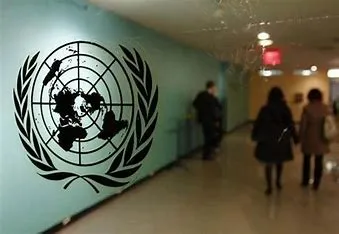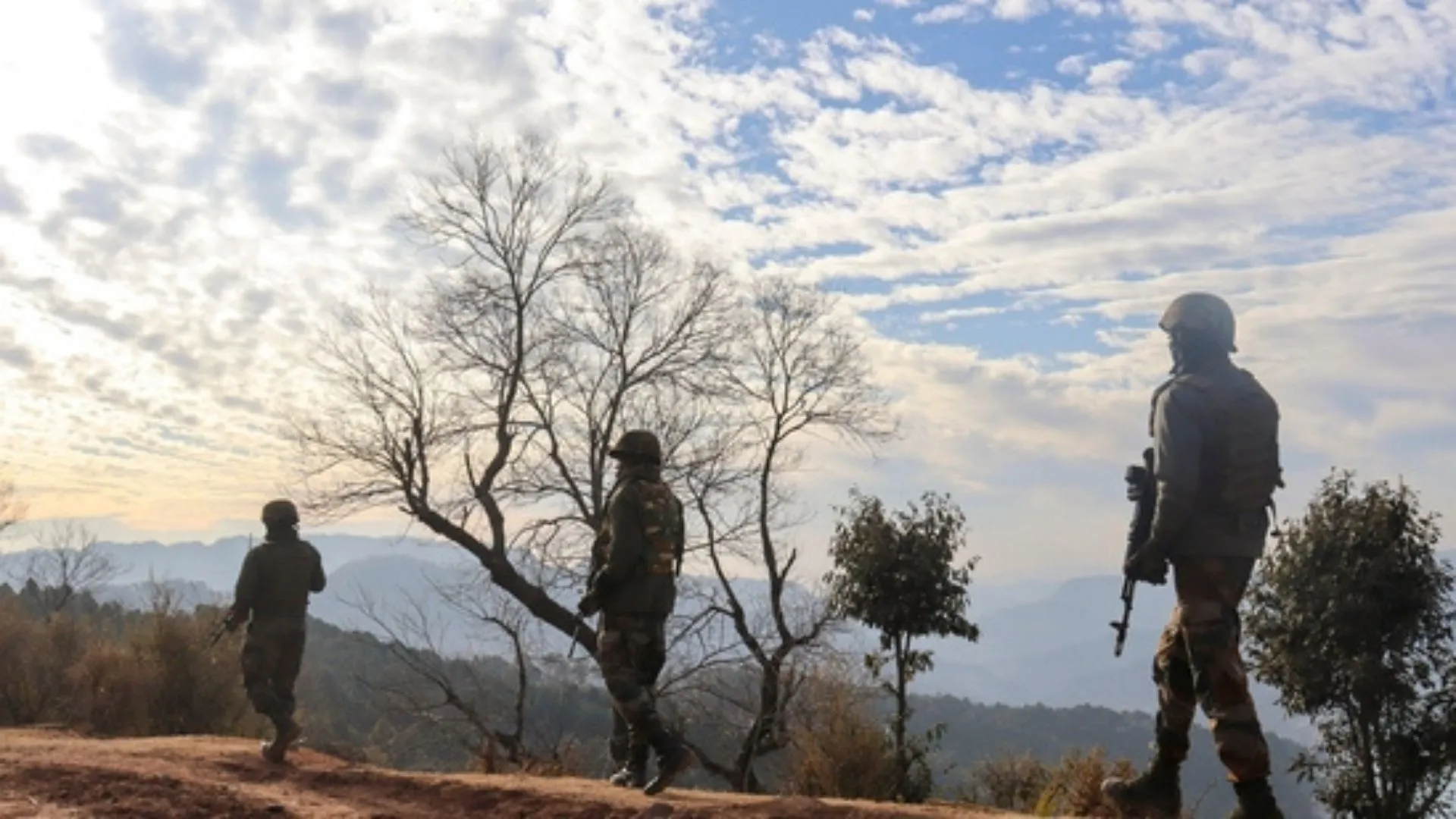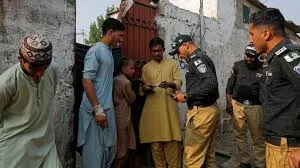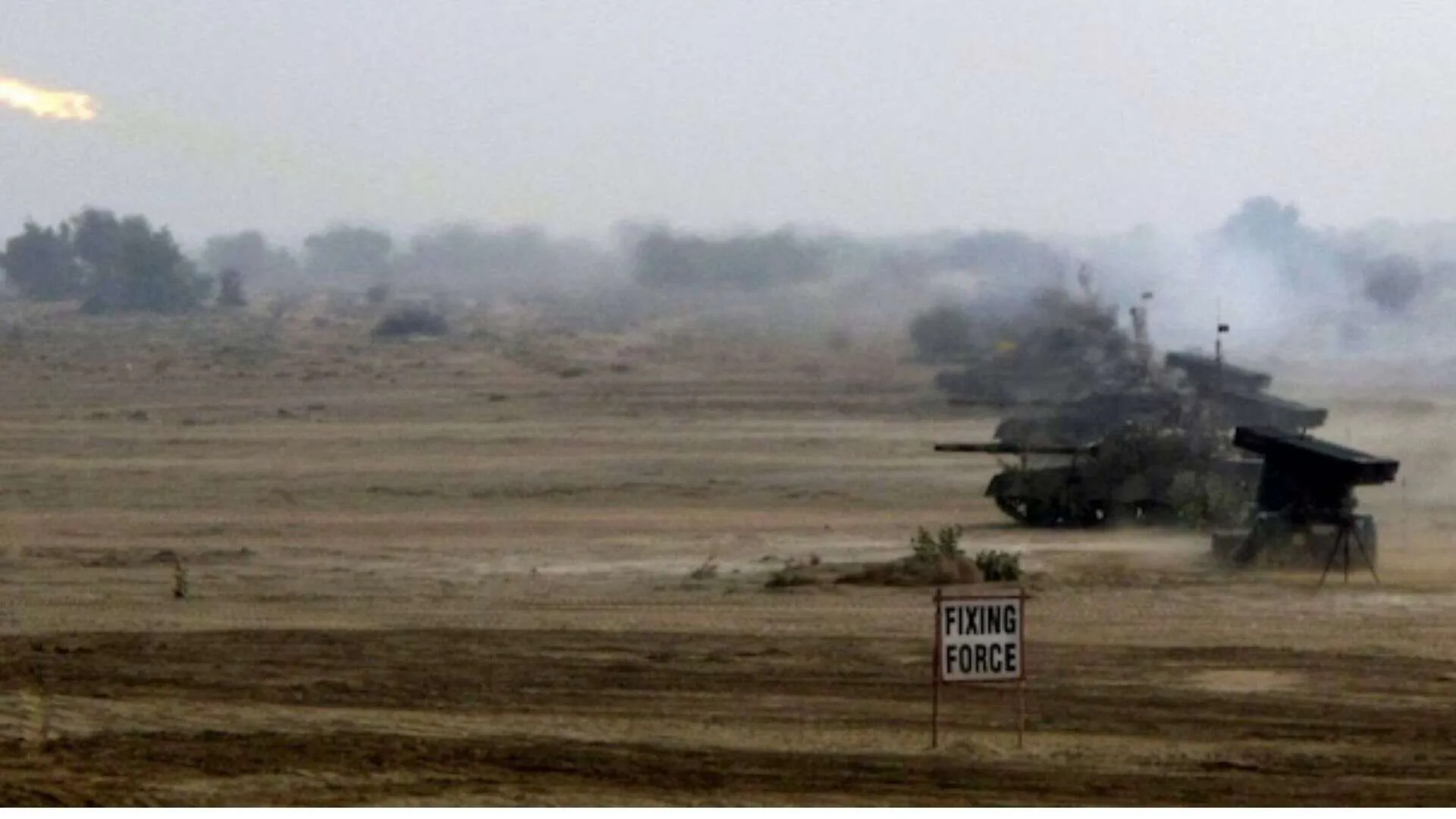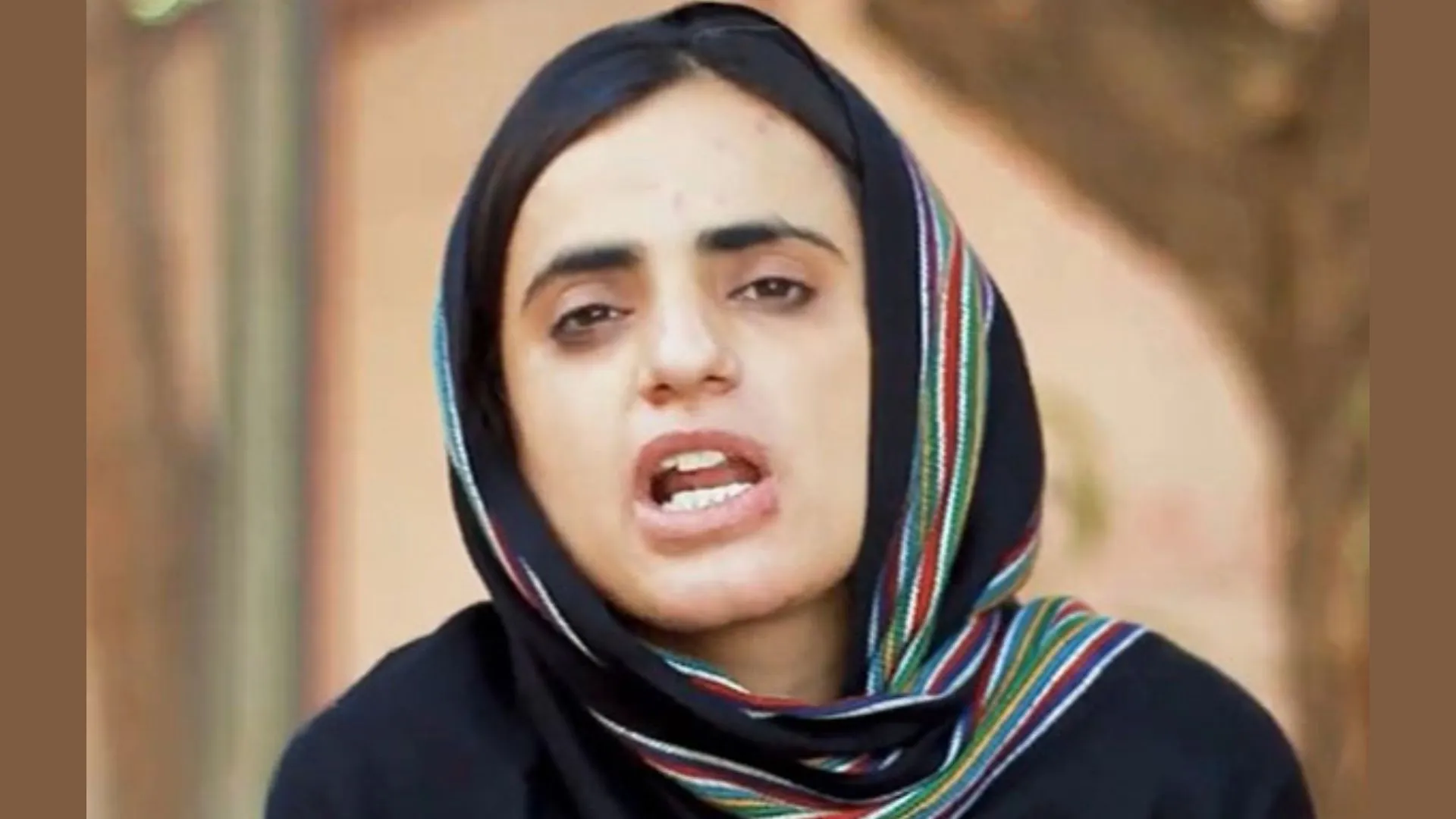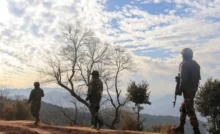On January 1, Pakistan officially replaced Japan as a non-permanent member of the UN Security Council, occupying one of the two Asia-Pacific region seats, alongside South Korea. This marks Pakistan’s eighth term on the Council, a critical role in shaping global diplomatic discourse.
Pakistan will also preside over the Council in July, granting it the authority to set the agenda. Additionally, Islamabad has secured a seat on the ISIS and Al Qaeda Sanctions Committee, responsible for designating terrorists and imposing sanctions on groups and individuals.
Global Context of Pakistan’s Role
This term comes at a time of heightened global tensions:
- The war in Gaza and the humanitarian crisis in Lebanon.
- Escalating tensions between Israel and Iran.
- Regime change in Syria.
- Ongoing conflict between Azerbaijan and Armenia.
- Economic strains due to the Russia-Ukraine war.
- Rising tensions in East Asia, including China’s threat to Taiwan and North Korea’s military ambitions.
Pakistan’s position as a non-permanent member allows it to influence these discussions, though it lacks veto power.
Pakistan’s Agendas: Kashmir and UNSC Reforms
Pakistan’s UN Ambassador, Munir Akram, has signaled that Kashmir will remain a priority during its term. Islamabad aims to push the international community for “concrete steps” on the issue.
Simultaneously, Pakistan is expected to oppose India’s efforts to secure permanent membership with veto rights in the UN Security Council. Islamabad has expressed its preference for expanding non-permanent seats rather than adding new permanent members, thereby aiming to block India’s reform initiatives.
Position as the ‘Voice of the Muslim World’
As one of the five non-permanent members from Organisation of Islamic Cooperation (OIC) countries, Pakistan intends to position itself as the “Voice of the Muslim World.” This mirrors India’s aspirations to be the “Voice of the Global South.”


